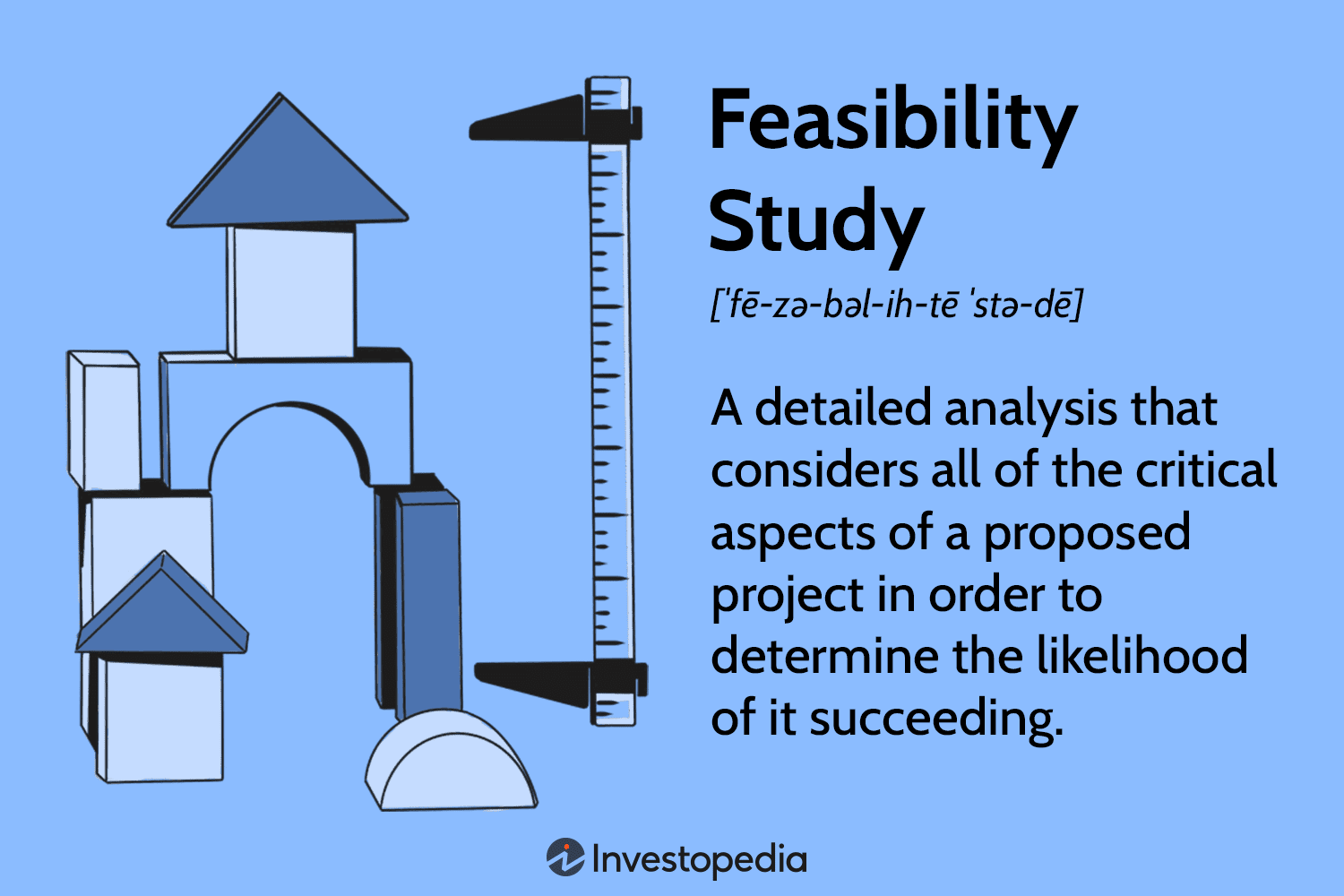
Table of Contents
- What Are Engineering Feasibility Studies?
- Importance in Project Planning
- Critical Components of Feasibility Studies
- How to Conduct Effective Feasibility Studies
- Future Trends in Feasibility Studies
- Conclusion and Final Thoughts
What Are Engineering Feasibility Studies?
Engineering feasibility studies are preliminary assessments conducted to determine the viability of a proposed engineering project. These studies evaluate several facets, such as technical, economic, legal, operational, and scheduling considerations. Analyzing various scenarios helps stakeholders understand if a project can be completed within defined constraints. Conducting an engineering feasibility study ensures a thorough examination of all these factors early in the project lifecycle. For example, a feasibility study might assess whether the intended technology for a renewable energy project is available, cost-effective, and compliant with regulatory requirements. This comprehensive analysis saves significant time and resources by identifying potential issues that could arise during the project.
Importance in Project Planning
Feasibility studies are crucial in project planning for several reasons. They help identify potential risks, estimate resources, and lay down a detailed roadmap for project execution. Project managers can better anticipate obstacles, allocate resources efficiently, and provide clear timelines by conducting these studies. Detailed project planning can significantly contribute to business success by ensuring all bases are covered before initiation, thus avoiding costly reworks and delays.
Moreover, feasibility studies offer stakeholders a clear understanding of the project’s potential, facilitating more informed decision-making processes. From securing funding to gaining regulatory approvals, these preliminary assessments provide a solid foundation upon which the entire project can be built.
Critical Components of Feasibility Studies
The technical feasibility of a project involves the following:
- Assessing the necessary technical resources and technologies.
- Evaluating the cost-benefit analysis to determine its financial viability.
- Reviewing legal requirements to ensure compliance with regulations.
- Assessing the practicality of the solution within the existing operational framework.
- Evaluating the scheduling feasibility to determine if the project can be completed within the desired timeframe.
This process involves evaluating the project’s economic impact, initial costs, potential revenues, and the feasibility of the solution within the existing operational framework.
How to Conduct Effective Feasibility Studies
To conduct adequate feasibility studies, first define the project scope and objectives. Conduct a preliminary analysis to gather initial data and assess project requirements. Prepare a projected income statement to forecast financial performance. Conduct market research to understand market conditions and customer needs. Plan organizational structure and staffing to determine the human resources needed for successful implementation. Analyze technical feasibility to assess if available technologies meet the project’s needs. Finally, the findings will be reviewed and presented to stakeholders for decision-making. This comprehensive process ensures the project aligns with current market demand and trends. The findings should be organized into a coherent document for review and decision-making.
Future Trends in Feasibility Studies
As fresh technologies emerge, the methods and scopes of feasibility studies also change. Feasibility studies are being improved by incorporating artificial intelligence and machine learning methods to enhance precision and productivity. These technologies can quickly process large amounts of data, enhancing risk evaluations and predictive analytics.
Furthermore, advancements in data analytics enable more thorough risk assessments and scenario planning. Insights generated from data can significantly enhance the precision of feasibility assessments, resulting in more reliable and well-informed choices regarding projects. Subsequent feasibility studies will include blockchain technology to improve data security and transparency. This innovation could significantly alter feasibility studies, increasing reliability and security.
Conclusion
In conclusion, engineering feasibility studies are indispensable tools in project planning. They help maximize efficiency and minimize risks by providing a detailed assessment of various aspects of the project. Examining technical, economic, legal, operational, and scheduling factors gives stakeholders a comprehensive understanding of a project’s potential. With evolving technologies, the methods of conducting these studies are becoming more sophisticated, paving the way for more accurate and efficient project planning in the future. Embracing these advancements and integrating them into feasibility studies will undoubtedly contribute to more successful project outcomes, ensuring that projects are well-planned, resources are optimally utilized, and risks are effectively managed.






